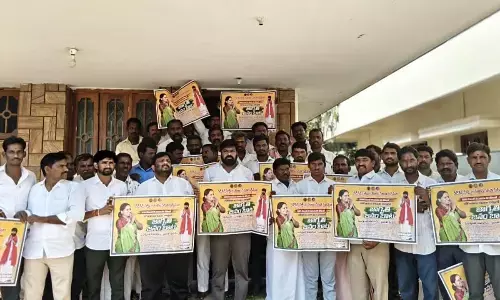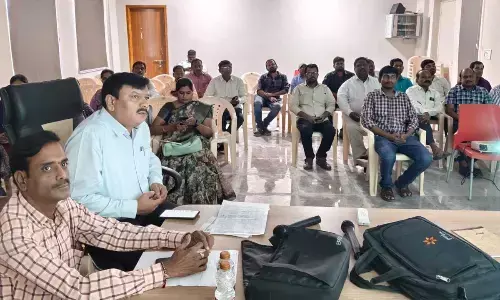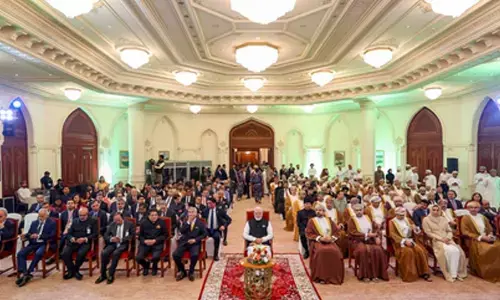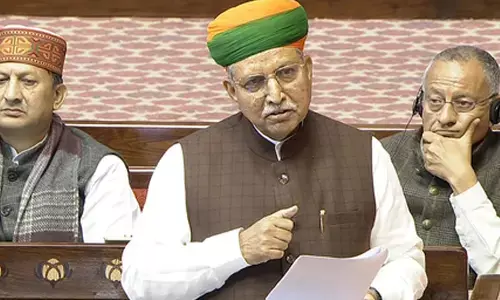From Automation to AI Streamlining Operations and Enhancing Research Across Industries

In today’s rapidly evolving technological landscape, the transition from basic automation to sophisticated artificial intelligence (AI) systems is reshaping industries. Saandeep Sreerambatla is leading this transformation, enhancing operational efficiency across various sectors through innovative AI solutions
In today’s rapidly evolving technological landscape, the transition from basic automation to sophisticated artificial intelligence (AI) systems is reshaping industries. Saandeep Sreerambatla has been at the forefront of this transformation, leading efforts to enhance operational efficiency across various sectors.
Reflecting on this shift, Sreerambatla states, “The movement from basic automation to AI-driven solutions marks a fundamental change in how industries manage operations and conduct research.” He believes that businesses are now more focused on optimising operations, reducing costs, and staying competitive through these technologies.
Automation, as he explains, simplifies repetitive tasks, allowing human resources to focus on higher-level thinking. “AI provides deeper insights through advanced data analytics and predictive capabilities,” he adds. This integration not only streamlines workflows but also fosters groundbreaking advancements across sectors such as healthcare, finance, manufacturing, and research.
Sreerambatla has been instrumental in leading his organisation from manual processes to automated systems and further into AI-enhanced operations. “By implementing machine learning models for complex classification tasks and AI-powered chatbots for customer service in payroll processes, we’ve significantly improved operational efficiency,” he notes.
He highlights a particularly noteworthy project “Developing an AI-powered system for job title classification has automated a labor-intensive manual process for millions of entries.” This initiative illustrates the scalability of AI solutions in managing extensive datasets. Additionally, his creation of a machine learning framework to predict fuel production from chemical data showcases how AI can enhance traditional research methods.
“The reduced manual work time in artwork processing by approximately four hours per item through AI automation has been a game-changer,” Sreerambatla explains. “We also increased the accuracy of service desk ticket assignments from 80% to 95% using machine learning. These examples demonstrate the potential of AI in various applications.”
He acknowledges the challenges in transitioning to AI-driven quality assurance processes. “Addressing resistance to change and technical complexities was crucial. We shifted our team’s focus from traditional test automation to embracing AI technologies,” he states. This transformation included designing sophisticated AI systems capable of extracting information from diverse document formats, significantly improving research capabilities across various projects.
Sreerambatla emphasises the importance of integrating domain expertise with AI technologies. “The effective combination of these elements is essential for creating solutions that not only automate processes but also provide intelligent insights and decision-making support,” he asserts. As AI continues to evolve, he anticipates even more sophisticated applications emerging, revolutionising industries further.
In conclusion, Saandeep Sreerambatla encapsulates the essence of this technological evolution “The shift from automation to AI is undeniably transforming industries, driving efficiency, and enabling smarter, data-driven decision-making.” His work illustrates that the integration of AI into traditional workflows not only streamlines complex processes but also opens up new avenues for innovation and enhanced research capabilities. As industries embrace these technologies, the possibilities are vast, paving the way for a more efficient and intelligent future.




















